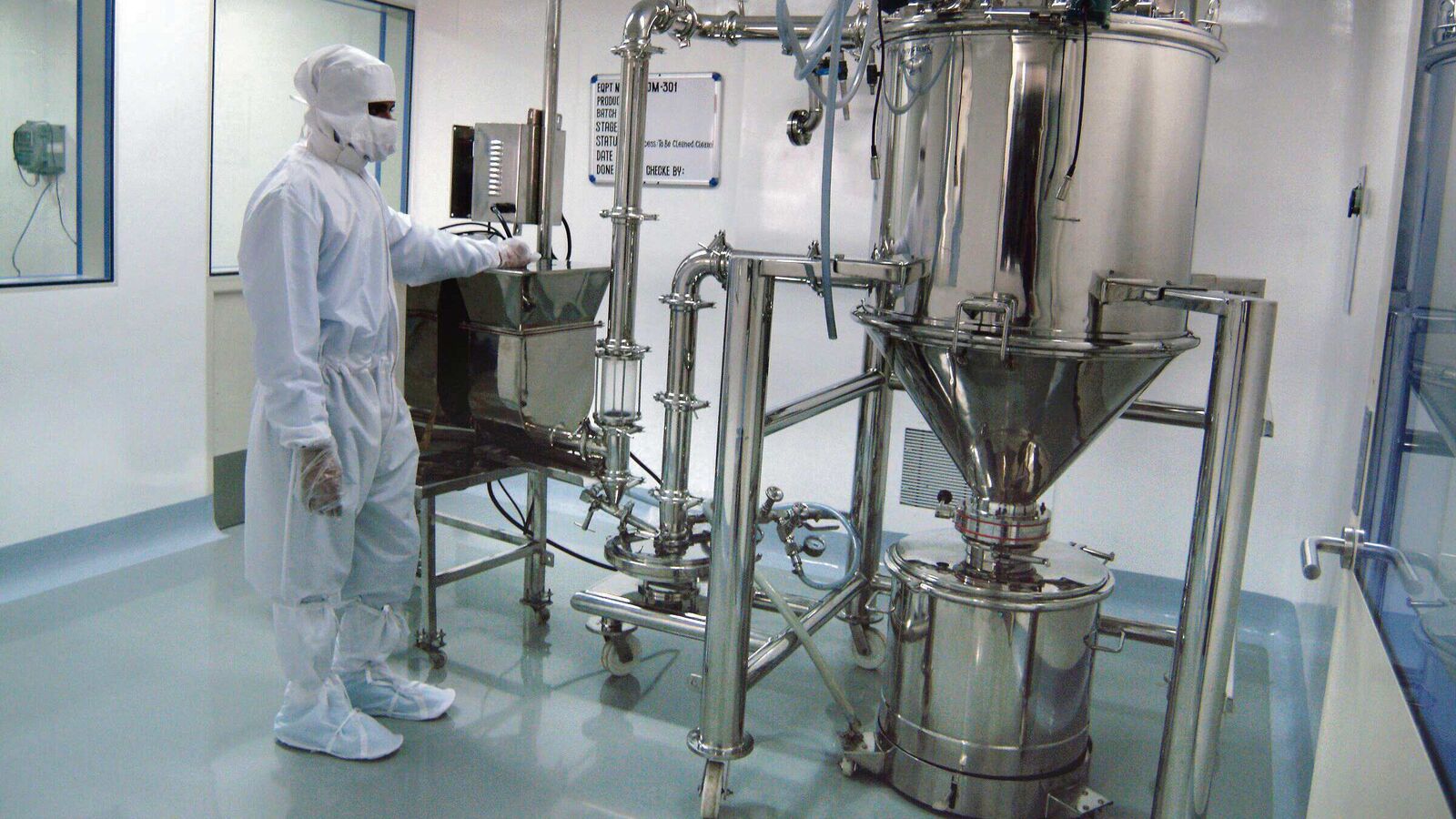API prices have been falling for the past 12-15 months, driven mainly by sharp price cuts by Chinese companies, which is impacting the bottom line of Indian API companies. APIs are the chemical compounds in medicines that produce the desired effect in treating a condition.
“You are in a commodity business. So, you have to constantly improve the prices,” Sudarshan Jain, secretary general of the Indian Pharmaceutical Alliance, told Mint, adding that API prices are not likely to go up. “It is important that constant efforts are taken by API companies to contain the cost and improve their operational efficiency.”
“Now, it’s come to a stage where if you cut [prices] further, you will not be making money… then there should be some stability,” said Prashant Nair, lead analyst for pharma and healthcare at Ambit Capital.
India is trying to become self-sufficient in API manufacturing and reduce its reliance on the import of critical bulk drugs after restrictions during covid-19 made the country vulnerable to supply and price risks. With this objective, the government launched a production-linked incentive scheme to encourage the domestic manufacture of 41 bulk drugs from FY21 to FY30.
Prices have fallen 15-40% for domestic APIs and over 25% in the API exports business this fiscal year, according to a September report by credit ratings firm India Ratings and Research (Ind-Ra). Prices of key APIs such as paracetamol and antibiotics cephalosporin and penicillin-G have fallen the most.
“We expect API prices to normalise in Q4 of FY25,” Sahil Maheshwari, general manager for strategy at Akums Drugs and Pharmaceuticals Ltd, told Mint.
Akums, a contract development and manufacturing organisation (CDMO), reported a weak Q2, with revenue falling 12% year-on-year. CDMOs provide pharma development services including commercial drug manufacturing, research and development, analysis, clinical trials, and marketing support.
“That is the hope – that in the next six months to a year, we should see at least some stability with respect to the pricing pressure,” Nilima Prasad Divi, director – commercial at Divi’s Laboratories, told investors on an earnings call earlier this month. Divi’s makes more than 10 generic APIs, supplying customers in over 95 countries.
Why prices fell
During covid-19, there was a high degree of volatility in API pricing. China is the world’s biggest exporter of APIs, and with the fear of supply chains being disrupted due to lockdowns and blockades, many companies started stocking up. The prices of the most commonly used APIs shot up by 50% to 200% during the pandemic.
“API prices and volumes went up abnormally during Covid-19. Companies are hopeful that pricing will stabilise as profitability has come down sharply due to the current weakness. Formulation companies have benefited from lower API prices. They are doing well in most markets. This should lead to a steady demand for APIs as well,” said Nair of Ambit Capital.
In the post-pandemic years, as the restrictions were lifted, demand for APIs eased and prices started declining. The prices of base chemicals that are used as raw material to make APIs also dropped, further contributing to the softening prices of APIs.
However, Chinese suppliers started cutting their prices significantly last year, hurting the sales of domestic API companies. The drastic price reduction by Chinese companies may have been in anticipation of higher production in India following the government’s production-linked incentives (PLI) for bulk drugs, or APIs, in 2021.
The central government launched 27 greenfield bulk drug park projects under the PLI scheme for making key starting materials and APIs locally in March this year.
“We have started seeing traction on the PLI scheme… whenever we make our own APIs, China would like to reduce its prices further,” said Jain. “Those kinds of competitive pressures will be there in the market.”
The scheme has already led to Aurobindo Pharma and Lyfius Pharma producing penicillin-G in India. Penicillin-G was last manufactured locally in the late 1980s.
Price stabilisation factors
Costs of base chemicals have stabilised on the back of hardening crude oil prices, aiding in the stabilisation of API costs. Additionally, demand is stable and margins at drug companies have expanded this year. Falling API prices have benefitted the country’s drug manufacturers, which face pricing pressure in the US market.
Alkem Labs, which has a large portfolio of antibiotic and anti-infective formulation drugs, said its Ebitda margin expanded to 22% in Q2 of FY25 from 21.7% a year earlier due to the sharp drop in antibiotic API prices.
While revenue growth at Akums and other API manufacturers like Aarti Drugs dropped in the last quarter, larger companies Divi’s and Aurobindo Pharma sustained their top-line growth on the back of strong volume growth.
India imports about 35% of its APIs, of which 70% are from China. For key drugs such as penicillin-G, imports were as much as 100%. Data from the Pharmaceutical Exports Promotion Council (Pharmexcil) showed a steady uptick in bulk drug imports, which grew 13.06% in the first two months of FY25 from a year earlier.
The total volume of imports from China grew over 20 per cent year-on-year during the first quarter of FY25, according to the Ind-Ra report.
#Bulk #drug #makers #benefit #price #stability #improve #efficiency #compete #Chinese #rivals #Experts



